What We Do
Day Hab Without Walls
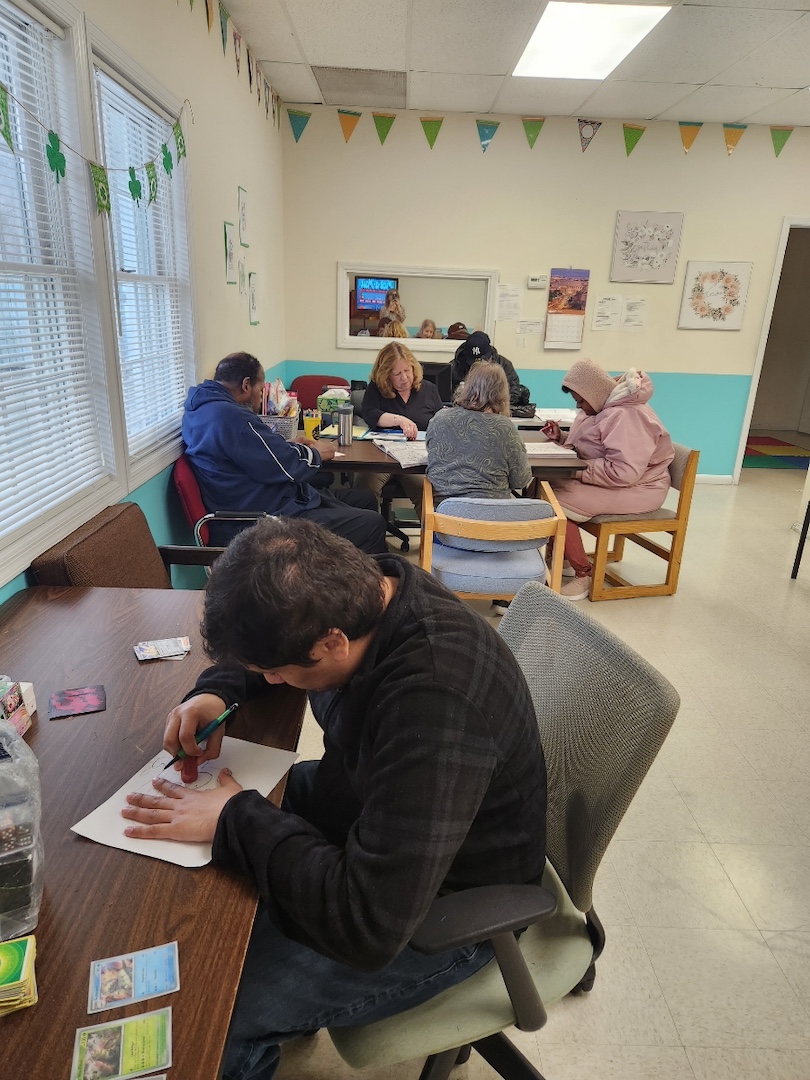
Day Habilitation Without Walls programs offer a variety of activities to help people with disabilities develop skills and build community connections:
- Volunteering: Deliver meals, or help at a food bank
- Social activities: Visit museums, go bowling, or shop
- Community events: Attend local events or host a science fair
- Recreational activities: Play sports, go hiking, or take a class
- Research: Visit the library or learn about local history
- Career exploration: Learn about different career paths
- Travel planning: Plan trips
- Self-advocacy: Develop self-advocacy skills
- Arts and crafts: Create art or take a creative art class
- Cooking: Learn to cook.
Day Habilitation Without Walls programs are community-based and provide a safe environment for participants to practice new skills. Participants are picked up from home and dropped off at the end of the day, and transportation is usually included.
Participants explore career paths, engage in travel planning, and expand life, wellness, and self-advocacy skills. Leisure activities include volunteer work, cooking, and recreational sports.
Site-based Day Hab
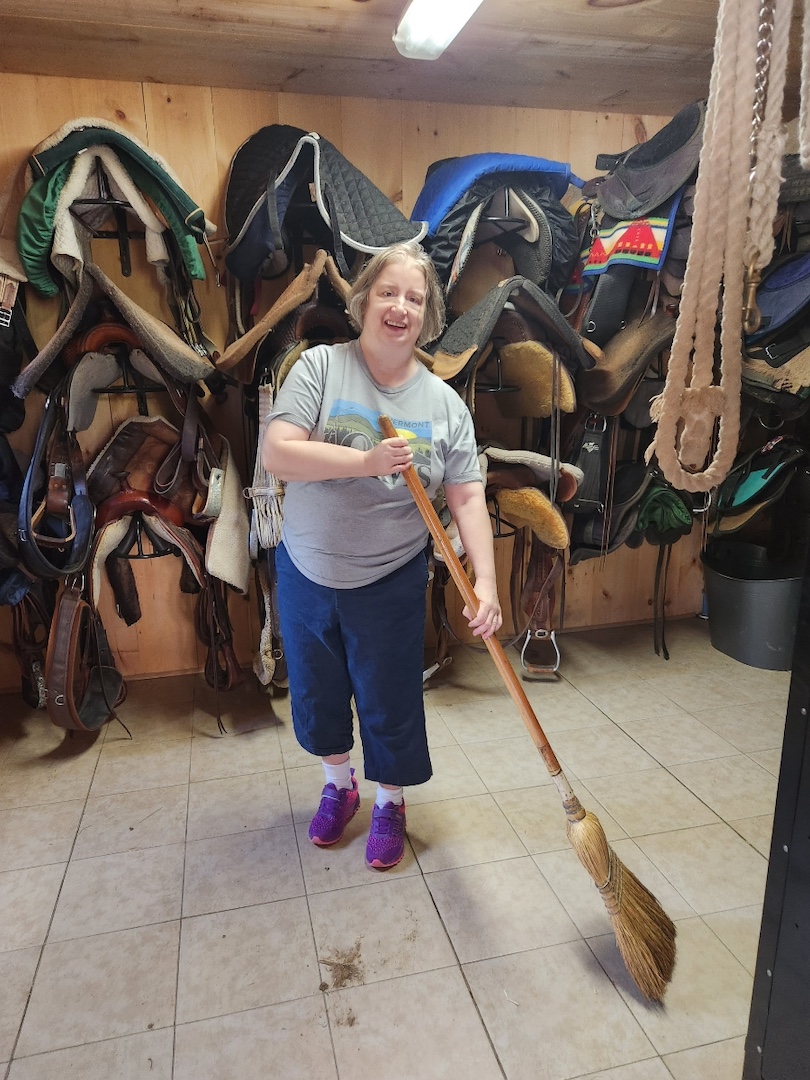
Day habilitation programs for adults with disabilities offer a variety of activities to help build skills and independence:
- Community activities: These can include volunteering, shopping, visiting museums, and attending cultural events.
- Personal care and daily living skills: These can include teaching personal hygiene.
- Social skills: These can include participating in clubs, games, and art therapy.
- Financial literacy: These can include learning about money management and budgeting.
- Technology: These can include learning how to use computers and other devices, and how to shop online.
- Independent living skills: These can include learning how to prepare food and use public transportation.
- Communication skills: These can include learning to communicate with others and follow instructions.
- Art classes
- Craft projects
- Movie days
- Fun games
Day habilitation programs can be goal-driven and are designed to meet the unique needs and interests of each participant i.e. they are person-centered. Keli House Community Services offers transportation to and from activities.
Community Habilitation
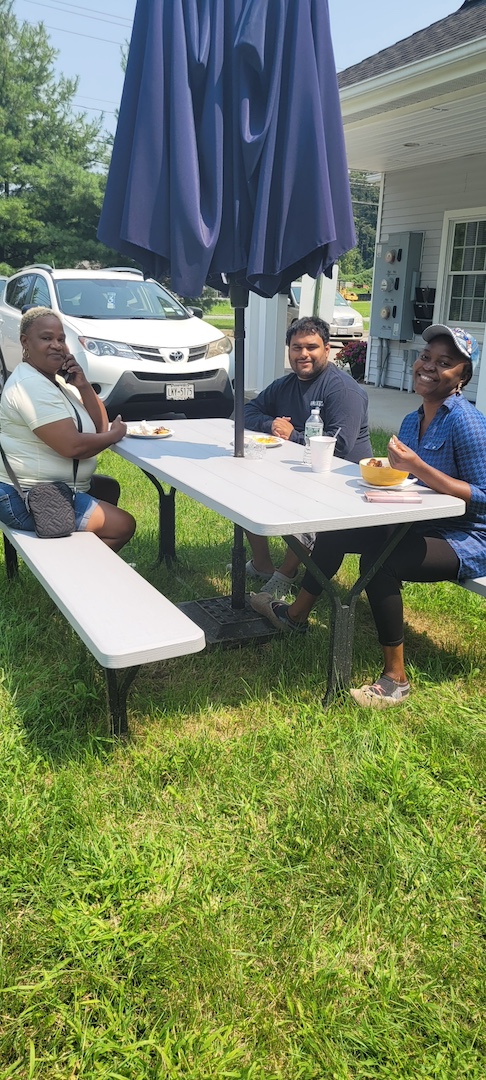
Community Habilitation is a Medicaid-funded program operated under OPWDD to provide one-to-one training to people with intellectual/developmental disabilities to develop or enhance the skills needed to live more independently in their homes or in the community.
Community Habilitation supports the persons Life Plan and contains activities that are developed to help the person achieve his/her goals. It is then implemented through home visits and community activities as set by a schedule between the person with intellectual/developmental disabilities and the Community Habilitation Provider. A person can be authorized for the service regardless of where they live.
Services are typically provided in the persons home or non-certified community locations. Community Habilitation services may be delivered in a certified residential setting when:
- the person is unable to participate in another Home and Community Based habilitation service outside the residence due to his/her age, health, or behavioral health status
- the person chooses this mode of service delivery
- the person has regular opportunities for community integration activities; and
- the provision of this service does not tend to isolate the person
Community Habilitation supports can include:
-
- adaptive skill development
- community inclusion and relationship building
- development of social skills
- travel training
- money management
- leisure skills
- Communication skills
- appropriate behavior development to help the individual access their community
Community Habilitation may also include supports like personal care, supervision, and protective oversight.
Respite
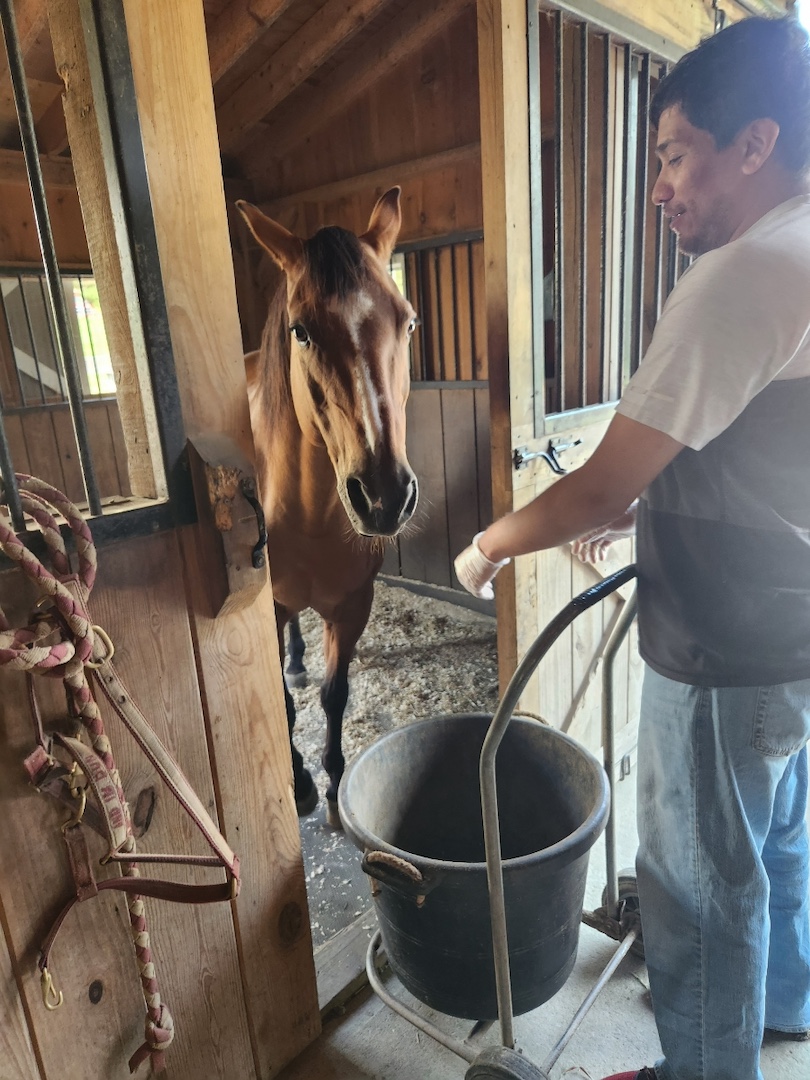
Respite is a service that provides caregivers with a break from the 24/7 care and supervision. The Respite service refers to temporary relief care provided by the New York State Office for People With Developmental Disabilities (OPWDD), and the service is designed to give caregivers of individuals with developmental disabilities a break from their caregiving responsibilities, allowing them time to rest and attend to personal needs; this respite can be provided in the individuals home or at a designated facility, depending on the situation and needs.
Key points about OPWDD respite services:
- Purpose: To provide temporary relief to primary caregivers of individuals with developmental disabilities, reducing stress associated with ongoing care.
- Delivery methods: Respite can be offered in the individuals home, at a day care center, or in other community settings.
- Eligibility: Individuals with developmental disabilities who are eligible for OPWDD services can access respite care, usually through a needs-based assessment. Interested parties should contact their Care Managers or OPWDD.
- Funding: Respite services may be covered by Medicaid, depending on the individuals eligibility and the specific program.
Individual Supports and Services (ISS) Housing Assistance.
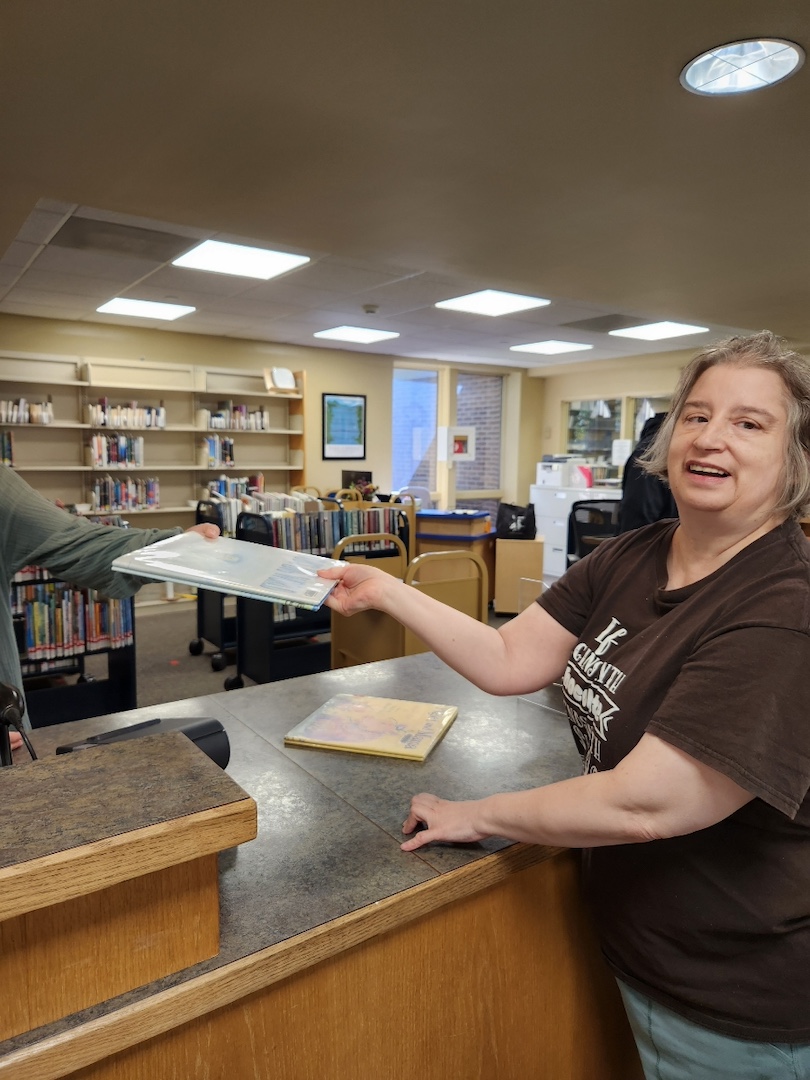
The New York State Office for People With Developmental Disabilities (OPWDD) is a New York State agency that oversees the coordination of services for New Yorkers with developmental disabilities. What is the OPWDD ISS Housing Subsidy? The OPWDD Individual Supports and Services (ISS) Housing Subsidy works like other government funded housing subsidies, such as the Federal Housing Choice Voucher Program (e.g. Section 8 Voucher Program). The ISS Housing Subsidy is designed to support income-eligible individuals with developmental disabilities (I/DD) who choose to live in their communities. These individuals must be financially and legally responsible (e.g. lease holder) for their housing unit as a responsible tenant. Individuals are expected to contribute approximately 30% of their countable income towards housing costs. The ISS Housing Subsidy pays the difference up to the maximum allowable. Individuals may also be eligible for assistance with their security deposit and other moving expenses. Individuals may choose to live alone, with roommates, and/or with live- in caregivers.
Keli House’s responsibilities include, but are not limited to:
- Viewing and approving housing units.
- Reviewing leases with individuals as prospective tenants.
- Processing and delivering rent checks.
- Assisting with moving, setting up homes, establishing utility and cable accounts, and helping individuals maintain their tenancy; and
- Ensuring that individuals meet their housing responsibilities
